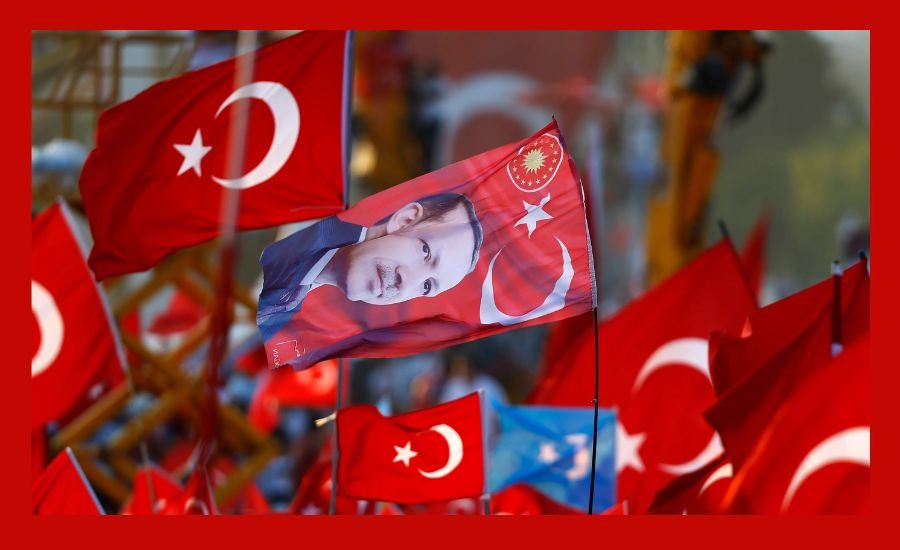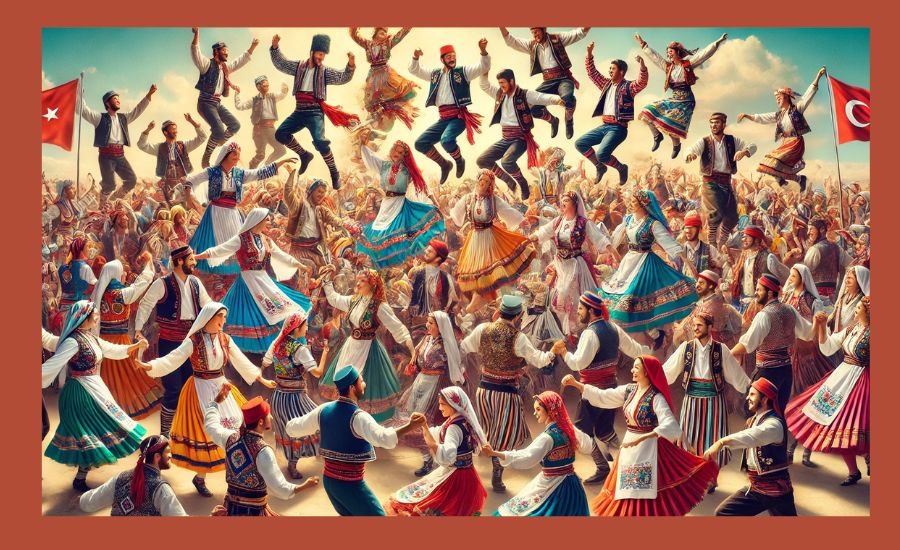Evırı is a profound concept in Turkish culture, symbolizing unity, harmony, and a strong sense of belonging. It represents the deep connections individuals share within their communities, emphasizing mutual respect, support, and togetherness. While the term may not be widely recognized outside of Turkey, its essence is deeply woven into the cultural fabric of the nation, influencing social structures, traditions, and interpersonal relationships.
The term “Evırı” originates from ancient Turkish linguistic roots, embodying the ideals of cooperation and solidarity. Historically, it has been associated with the communal lifestyle of Turkish societies, where people relied on one another for survival, growth, and progress. Over centuries, Evırı has evolved, but its core principle remains unchanged: fostering a spirit of unity among individuals and communities.
In today’s fast-paced world, the idea of Evırı has taken on new dimensions. While traditional practices emphasized face-to-face interactions, modern interpretations incorporate digital connectivity. Social media platforms, virtual communities, and online gatherings have provided new ways for people to engage with and uphold the values of Evırı, ensuring its relevance in contemporary society.
Evırı serves as a cultural cornerstone, reinforcing the idea that strength lies in togetherness. Whether through familial bonds, neighborhood gatherings, or national celebrations, the concept of Evırı manifests in various aspects of Turkish life, reminding people of their shared heritage and collective responsibility.
From weddings and religious festivities to daily customs, Evırı plays a vital role in preserving Turkish traditions. For instance, communal feasts, group prayers, and neighborhood support networks are all practical examples of how Evırı is actively maintained in society.
By promoting inclusivity and shared experiences, Evırı strengthens relationships among individuals. It encourages open communication, fosters trust, and cultivates a supportive environment where everyone feels valued and heard.
Although Evırı is deeply rooted in Turkish culture, its principles resonate globally. Many cultures practice similar traditions that emphasize unity, such as Japanese “Wa” (harmony) and African “Ubuntu” (humanity towards others). The universal appeal of Evırı highlights the importance of interconnectedness in human societies.

Modern-day Evırı is observed in various forms, from close-knit family dynamics to large-scale community initiatives. Whether it’s lending a helping hand to a neighbor or participating in charitable events, people continue to embody Evırı in their daily lives.
Traditional Evırı revolves around direct, face-to-face interactions, whereas modern interpretations leverage technology to maintain connectivity. Both forms play a crucial role in preserving and adapting this cultural value for future generations.
Practicing Evırı can be as simple as fostering kindness, offering support to those in need, and engaging in community activities. Small acts of compassion and solidarity contribute to a more harmonious and united society.
If you want to read more informative contents please visit: Magxplores.com
Evırı provides emotional security, strengthens relationships, and enhances overall well-being. Knowing that one belongs to a supportive community reduces stress, increases happiness, and fosters a sense of purpose.
Despite its positive impact, misunderstandings about Evırı can arise. Some may perceive it as an obligation rather than a voluntary practice, while others might struggle to balance individualism with collective responsibility.
To maintain the true spirit of Evırı, individuals should focus on genuine interactions rather than social expectations. Encouraging open discussions and embracing diverse perspectives can help mitigate challenges and ensure that Evırı remains a meaningful practice.
To maintain the true spirit of Evırı, individuals should focus on genuine interactions rather than social expectations. Encouraging open discussions and embracing diverse perspectives can help mitigate challenges and ensure that Evırı remains a meaningful practice.
As societies evolve, so does the practice of Evırı. Innovative approaches, such as online support groups and virtual cultural exchanges, help preserve its essence in a rapidly changing world.
Digital platforms offer new opportunities for fostering Evırı across geographical boundaries. Virtual communities, online mentorship programs, and social initiatives enable individuals to connect and support one another despite physical distances.
With increasing globalization and technological advancements, Evırı is expected to expand beyond traditional settings. Future generations may redefine its application while still upholding its core values of unity and togetherness.
What Makes Evırı Unique?
Evırı stands out because of its deep-rooted cultural significance and its ability to adapt to changing times while maintaining its fundamental principles of unity and harmony.
Is Evırı Still Relevant in Today’s World?
Absolutely! In an era where individualism often takes precedence, Evırı serves as a reminder of the power of community and collective well-being.
How Can I Learn More About Evırı?
Exploring Turkish history, engaging with local communities, and participating in cultural events are great ways to gain a deeper understanding of Evırı.
Can Evırı Be Practiced Outside of Turkey?
Yes! The principles of Evırı transcend cultural boundaries and can be embraced by anyone who values unity, compassion, and social harmony.
By understanding and practicing Evırı, individuals can contribute to a more connected and harmonious world, preserving this invaluable cultural tradition for future generations.
Evırı is more than just a word—it is a way of bringing people together. It has been part of Turkish culture for a long time, helping families, friends, and communities stay close. Whether in traditions, food, or celebrations, evırı reminds us that unity and kindness make life better. Even as times change, the heart of evırı stays strong, connecting people across generations.As the world becomes more modern, evırı still has a place in our daily lives. It teaches us to care for each other, respect traditions, and create strong social bonds. By keeping evırı alive, we make sure that love, friendship, and togetherness never fade away. No matter where you are, you can practice evırı by spreading kindness and staying connected with the people around you.
